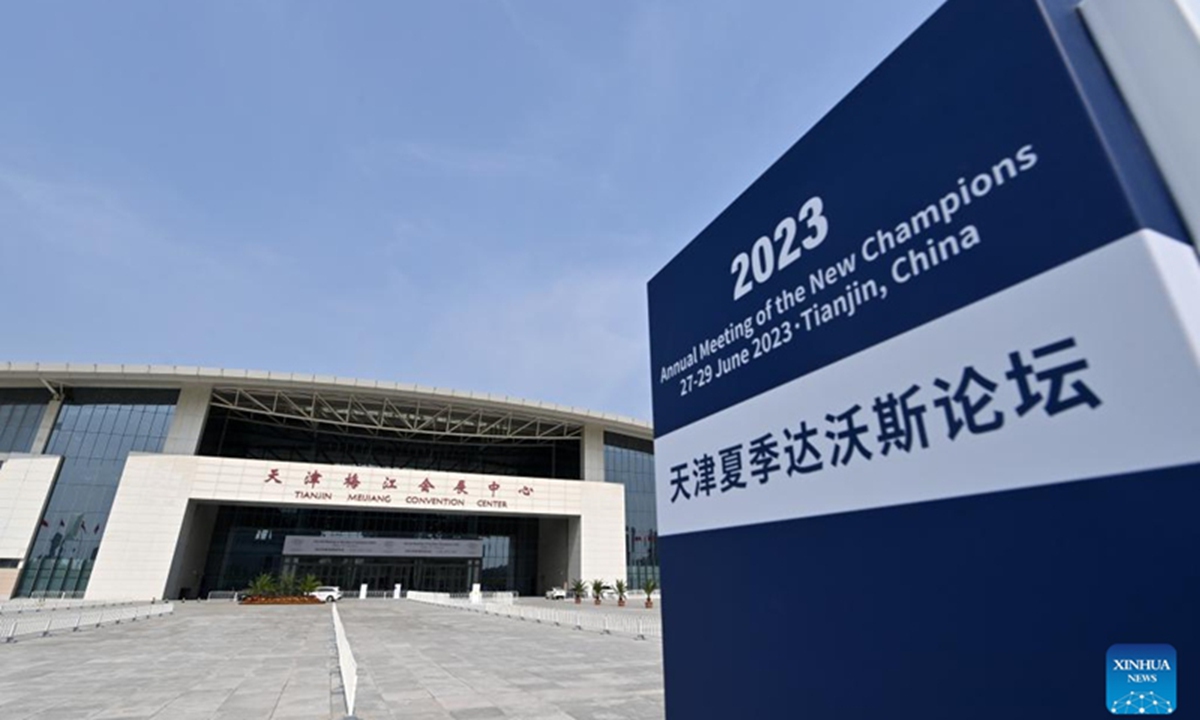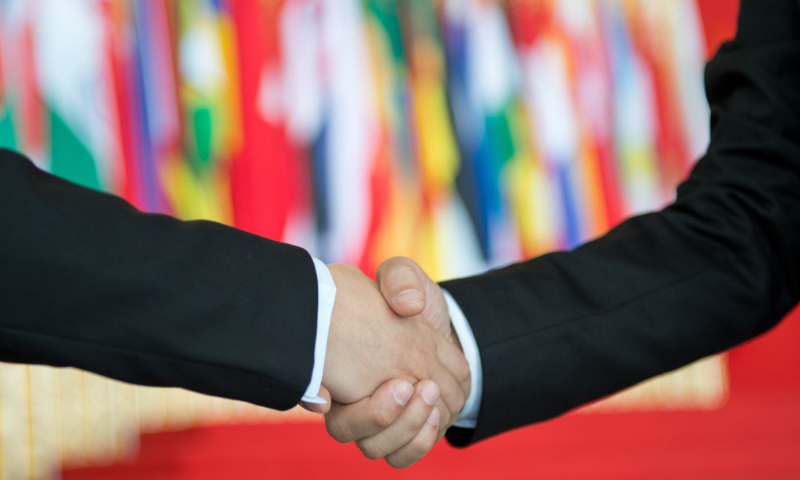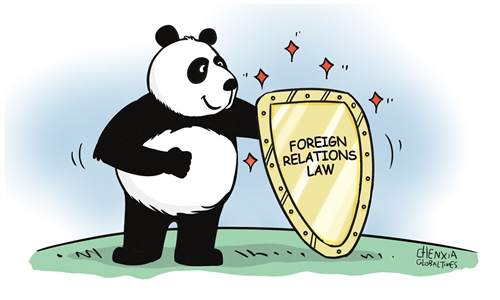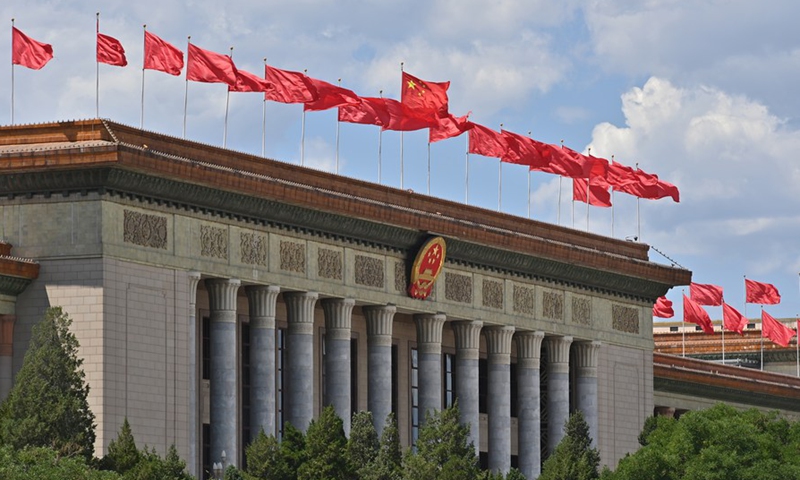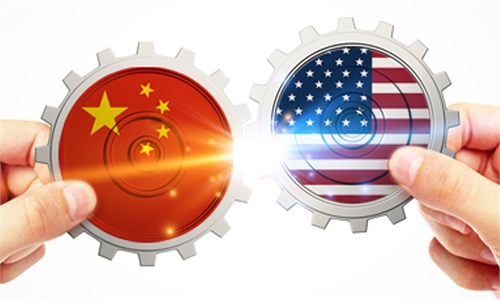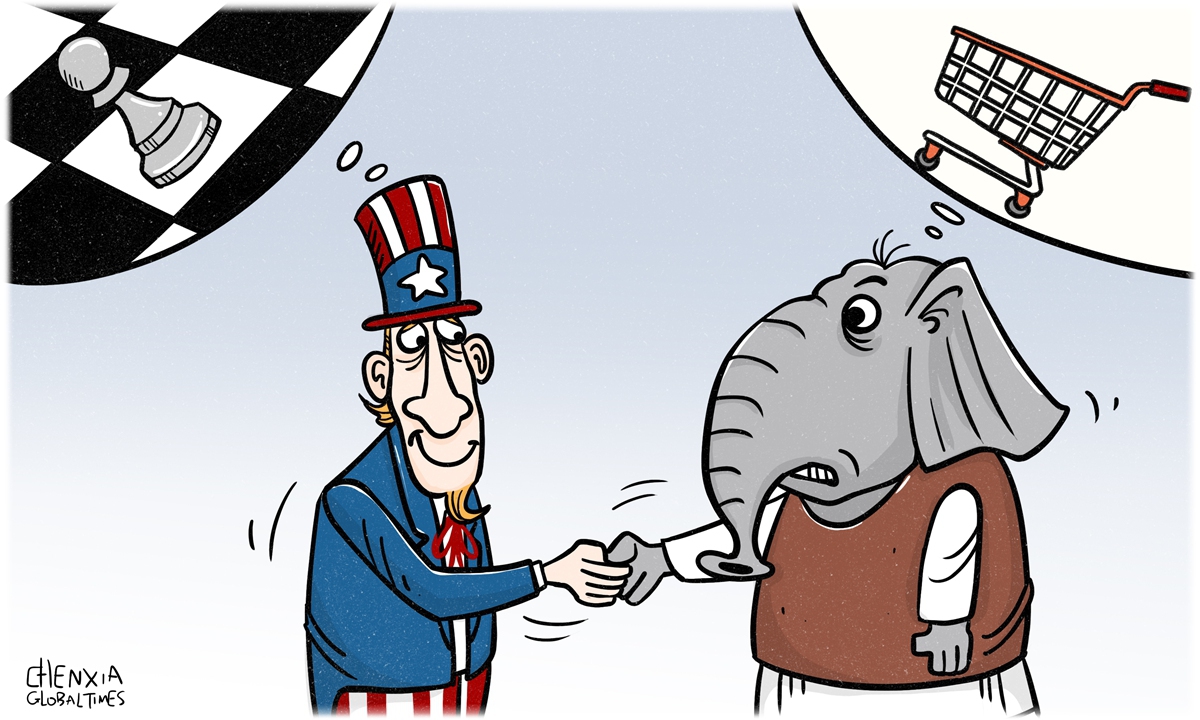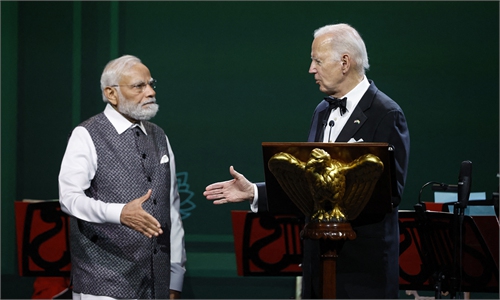Ideally, the bed should always be placed against a wall. Photos: 123rf.com
In a house, there are two specific sectors that govern health and wellbeing. One is the kitchen, which influences the general wellbeing of the entire household. The other is the bedroom, which directly impacts the occupant of the room.
The bedroom serves as a place of rest and rejuvenation. It is where you sleep after a hard day’s work. In Feng Shui, the bedroom governs the occupant’s rejuvenation, recovery, health, and the intimate relationship between a married couple.
Ideally, the bedroom should be located in a positive sector and supported by positive flying stars. However, we don’t live in a perfect world. This is where the rules of layout for the bedroom, especially the placement of the bed, come into play.
Bedroom Logic #1: The bed must be placed against a solid wall.Absolutely! This is, in fact, the most important consideration for bed placement. It is the one golden rule that every Feng Shui practitioner, regardless of their school or system, adheres to. A solid wall behind your bed is considered a mountain, providing good support. If there is a window in the wall behind your bed, simply keep it closed when you sleep. A closed window is as good as a solid wall.
Bedroom Logic #2: The position of my bed must not clash with my year of birth. Incorrect. This is not logic but a residual myth handed down through centuries of verbal teaching. Let me explain. Based on our year of birth, each of us has a specific Life Gua ranging from 1 to 9. This life gua determines four possible favourable directions.
Today, obtaining this information is easy. Any online Bazi plotter will give you your four personal favourable directions. For bed placement, we prefer either the Tian Yi (Heavenly Doctor) or Fu Wei (Stability) directions. However, in a pinch, any one of the four favourable directions will do.

If you sleep with your feet pointing to the door, just close the door.
But in all cases, you must have a solid wall behind your head when sleeping. We have heard of cases where a husband and wife are literally sleeping head-to-foot because they both have different or opposite favourable directions. There are also cases where occupants slant their bed against a corner, trying to align with their favourable directions.
This is not the correct way to apply the directions. For cases like this, it is best to get a Feng Shui audit as there are other methods to provide support apart from just using the directions.
Bedroom Logic #3: Having an additional room inside my bedroom will cause ‘peach blossom’ problems.Incorrect. In-bedroom features such as walk-in wardrobes or a small study area are highly popular in modern homes. The presence of a walk-in wardrobe or study area will not have any peach blossom connotations because the activities conducted in that area have nothing to do with a third party.
The only caution would be against creating an additional bedroom where someone else is sleeping inside your bedroom. If you are concerned about this, simply remove the door that separates your bedroom from the walk-in wardrobe or study area. This will automatically make this area a part of your bedroom. Without the door, it is no longer considered a separate room.
Bedroom Logic #4: My bedroom door must not clash with the fridge.We often see this in apartment setups due to space constraints. The assumption is that the cold from the fridge will flow into the room and cause illnesses.
However, in reality, how long do you really keep your refrigerator doors open? I would bet that your air-conditioner runs longer than your open refrigerator door!
Bedroom Logic #5: Water features in my bedroom will help me gain more wealth.Incorrect. We do not recommend water features in the bedroom because water activations are primarily used to trigger the wealth Qi, which is an active form of energy. Your bedroom is meant for rest and relaxation. Triggering the wealth Qi in an area for rest may result in poor quality of sleep, which could lead to long-term health issues. There are, however, exceptions to the case whereby the activation is only supposed to be there for only a couple of weeks.
Bedroom Logic #6: I should not be sleeping with my legs pointing towards the door.Actually, this is more related to culture and superstition than Feng Shui. In the olden days, when funerals were still conducted from the person’s house, the coffin would be placed in the main living room with the feet pointing towards the door. That’s the basis for this ‘rule’.
If you find that the room configuration forces you to sleep with your feet pointing towards the bedroom door, simply close the door to solve the problem.
Bedroom Logic #7: My bed must not be pointing to the toilet.Again, in apartment living, we often have limited choices. If this is the case in your home, just keep the toilet door closed at all times. The concern about the toilet is a leftover rule from ancient times when the toilet was located outside of the house. Think about the plumbing system in the olden days – there was none! So, the toilet area in ancient times was a place full of bacteria, viruses and stench. Sleeping with the bed in proximity to such an outdoor toilet would not be pleasant at all. But with modern plumbing, simply keep the toilet door closed.
Bedroom Logic #8: A mirror reflecting the bed is inauspicious.Partially true, but it’s not inauspicious. Let’s imagine this together. You wake up in the middle of the night. It’s dark. You sit up on your bed and see a figure in front of you. In that sleep-befuddled state, that might give you a scare! The mirror has no implications in Feng Shui. So, if you are into that kind of thing... well, then!
Bedroom Logic #9: There must not be any sharp edges pointing towards the bed.Absolutely true! Many times, we find that the layout of the room results in the edge of a wardrobe pointing towards the bed. This internal ‘sha qi’ situation leads to a feeling of “same bed, different dreams”. While it may not directly lead to quarrels, it creates a sense of the couple leading separate lives. The connection between the two intertwined lives slowly weakens. The remedy for this is simple – use a curtain to soften the edge of the wardrobe and keep the curtain closed when you are asleep.
Bedroom Logic #10: The bed must not be placed under an exposed beam.Certainly. We’re back to our favourite topic of exposed beams again. Exposed beams represent cutting Qi flowing down from the beam and may eventually cause pain and illness in the affected body parts. The easiest remedy, of course, is to avoid placing the bed under exposed ceiling beams. If that is not possible, consider installing a false ceiling or plaster ceiling to address the issue. To summarise, the main point here is to ensure that you sleep well.
In the next H&G edition, we will explore the other sector of the home that governs health – the kitchen.
By Paulynne Cheng a Communications professional turned Bazi and Feng Shui practitioner. She can be reached at thehiddensun.consult@gmail.com. All views expressed are entirely hers.
Related posts:
Poor sleep, a stroke risk
The best sleeping position
What is the best sleeping position?
AmLife, Sleep Well with Electric Potential Therapy Medical Device













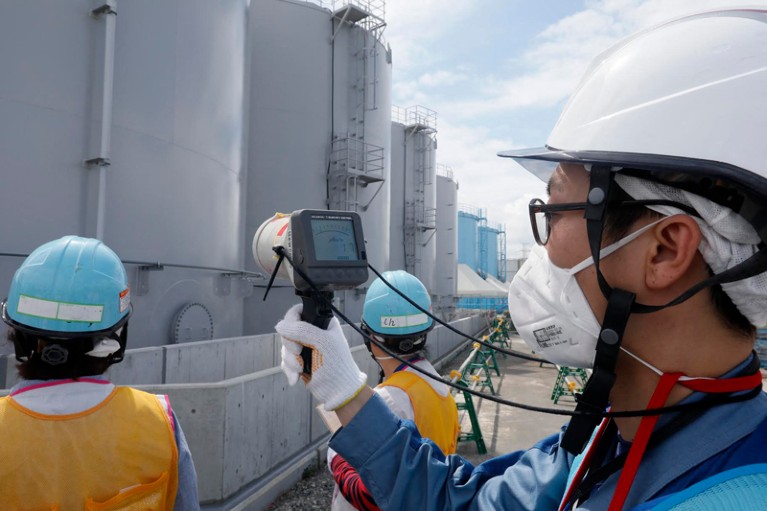
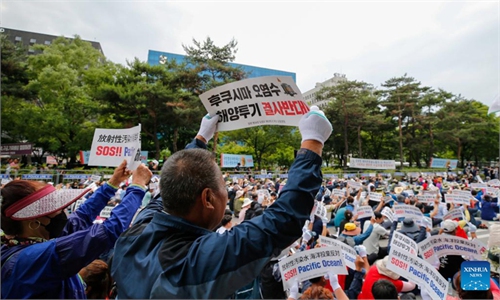
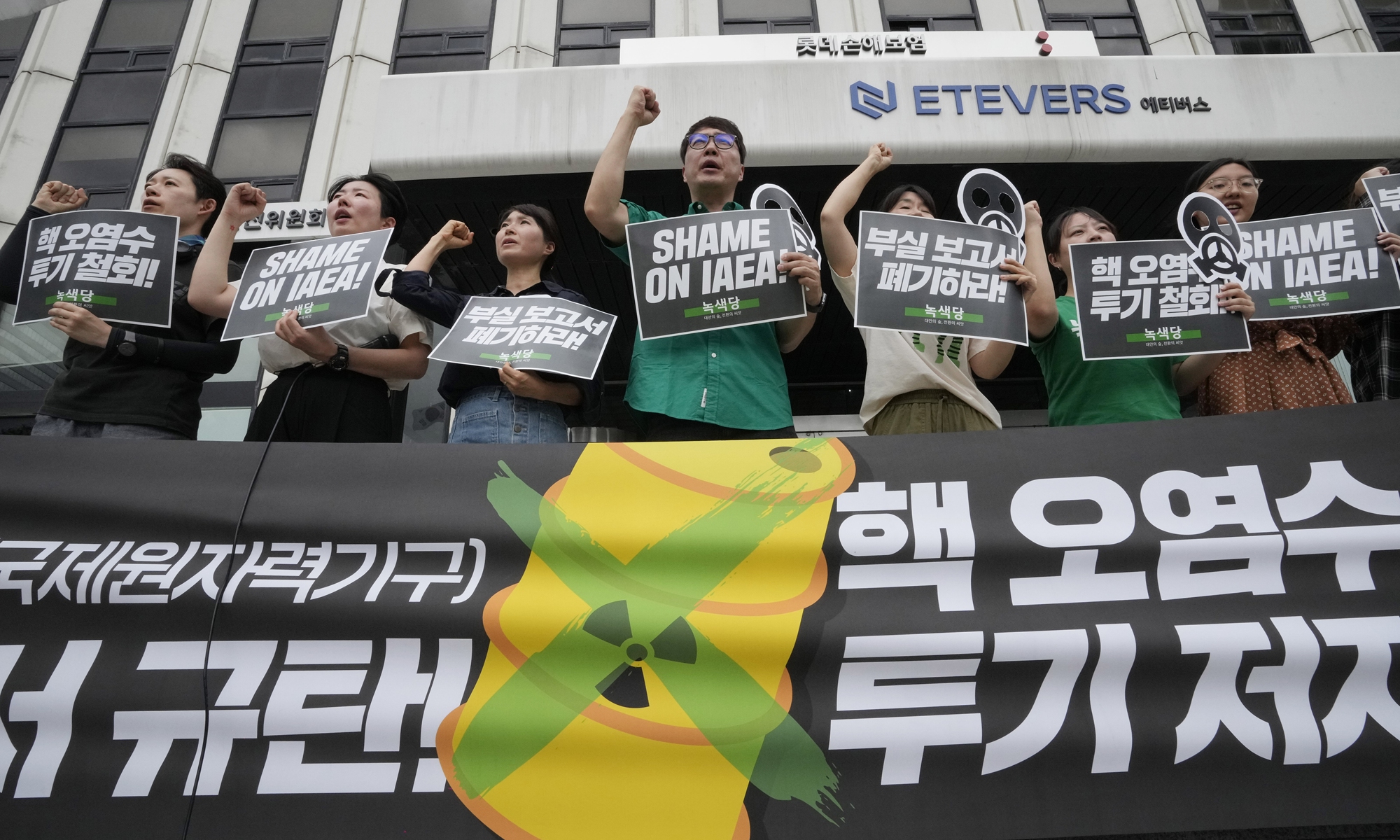
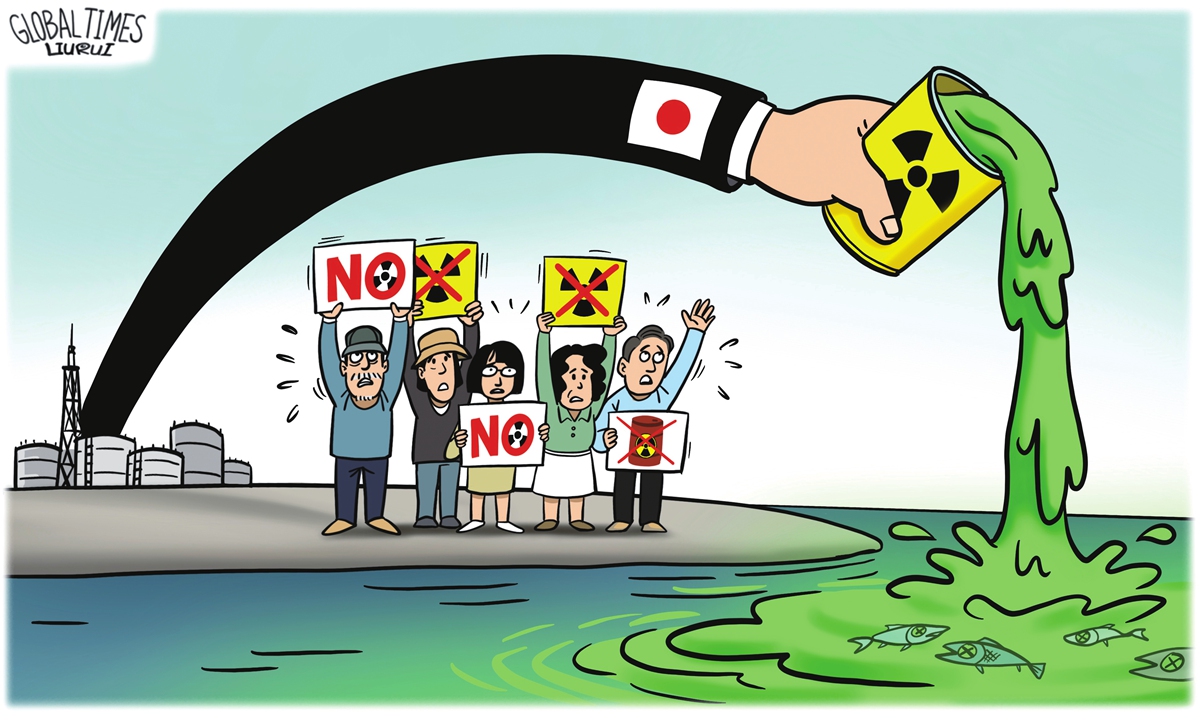
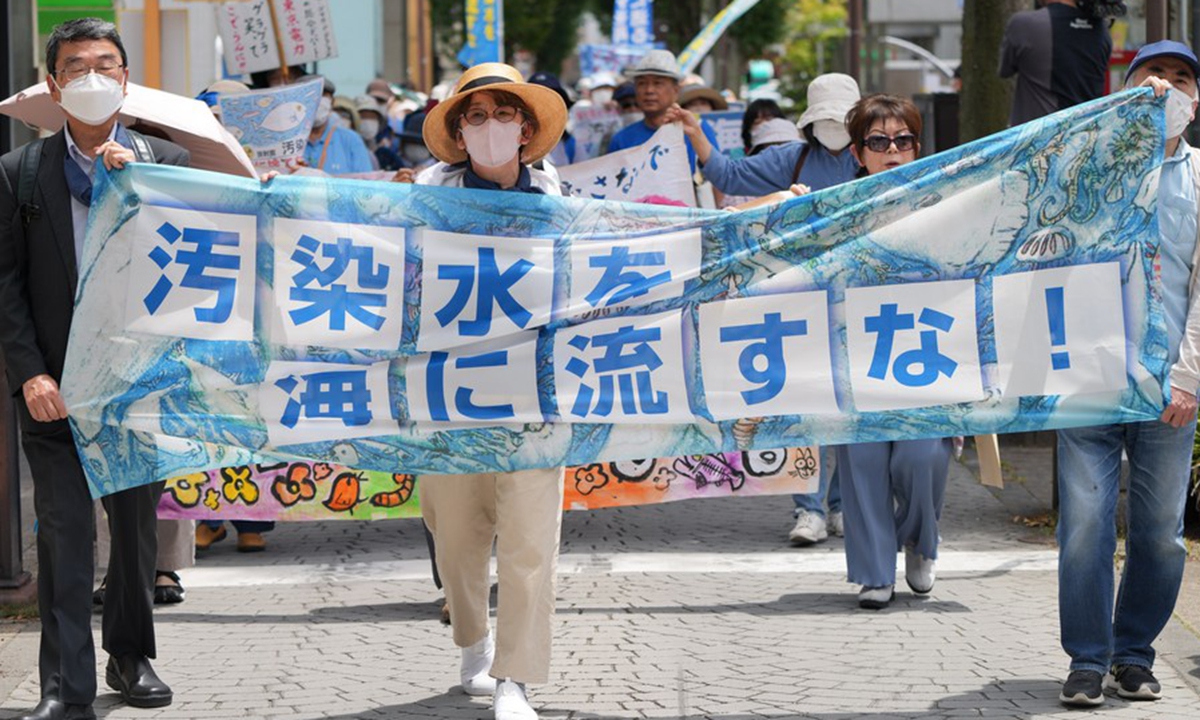
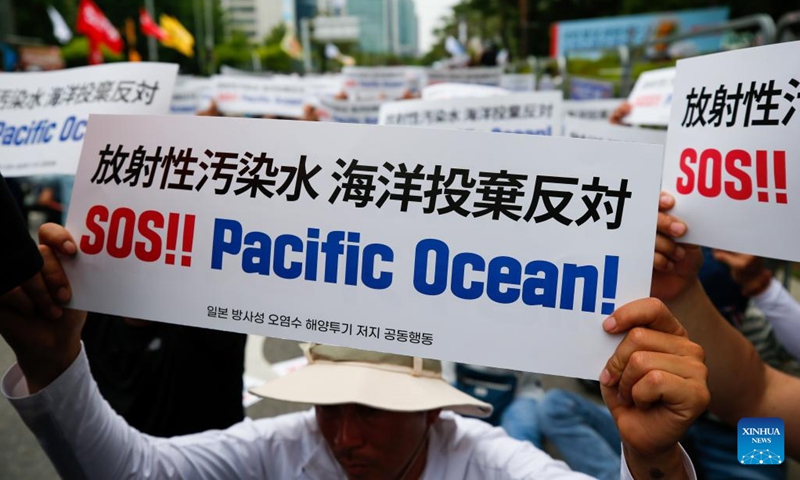

 Entrepreneurs and industry experts exchange ideas at the Summer Davos Forum in Tianjin. Photo/Xinhu
Entrepreneurs and industry experts exchange ideas at the Summer Davos Forum in Tianjin. Photo/Xinhu